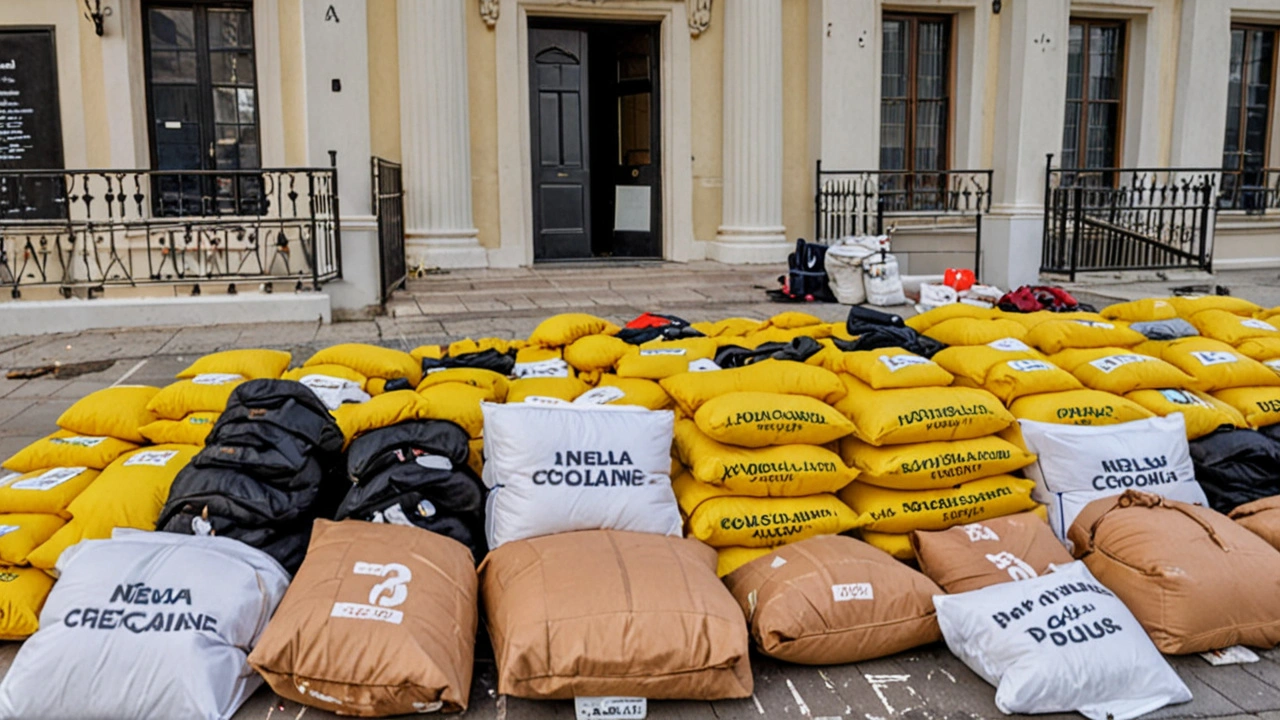Opioids Trafficking: What You Need to Know
Opioids trafficking is a serious issue affecting many countries. It involves the illegal trade and distribution of opioids, a group of drugs that include powerful painkillers and heroin. These drugs are highly addictive and can cause major health problems, including overdoses and death. Understanding how opioids trafficking works helps us see why it is such a big challenge for law enforcement and communities alike.
How Opioids Trafficking Happens
Traffickers move opioids through complex routes to avoid detection by authorities. These routes often cross borders and use various methods like hidden shipments, corrupt networks, and online sales to reach users. The rise of synthetic opioids, like fentanyl, has made the trade even more dangerous because these substances are extremely strong and often mixed with other drugs without the buyer’s knowledge.
Many traffickers exploit vulnerable populations, including young people and communities facing economic hardship. This fuels a cycle of addiction and crime that is hard to break. Authorities face tough challenges trying to track and shut down these networks without cutting off access to legitimate medical use of opioids.
Why Tackling Opioids Trafficking Matters
The opioid crisis has devastated families and communities. Besides health risks, trafficking fuels violence and corruption. Tackling it means improving education, support for addiction treatment, and better international cooperation.
Knowing the signs of trafficking and addiction, such as suspicious drug activity or unusual behavior, can empower communities to act. Reporting these issues to local law enforcement helps stop the spread and protect lives.
At the same time, governments are working to strengthen legal controls on opioid production and distribution and invest in new technologies to detect counterfeit drugs and illegal shipments. Efforts like these show how complex and multi-layered the fight against opioids trafficking really is.
The more we understand about opioids trafficking, the better equipped we are to face it head-on and support those affected by this crisis.
The NDLEA has successfully intercepted significant quantities of drugs concealed in various items, including cocaine hidden in shoe soles and opioids in household items, destined for the US, UK, and Cyprus. Their operations also uncovered large quantities of nitrous oxide and other illegal substances in Lagos, and additional substantial drug recoveries were made across Nigeria, leading to multiple arrests.


 Sports
Sports